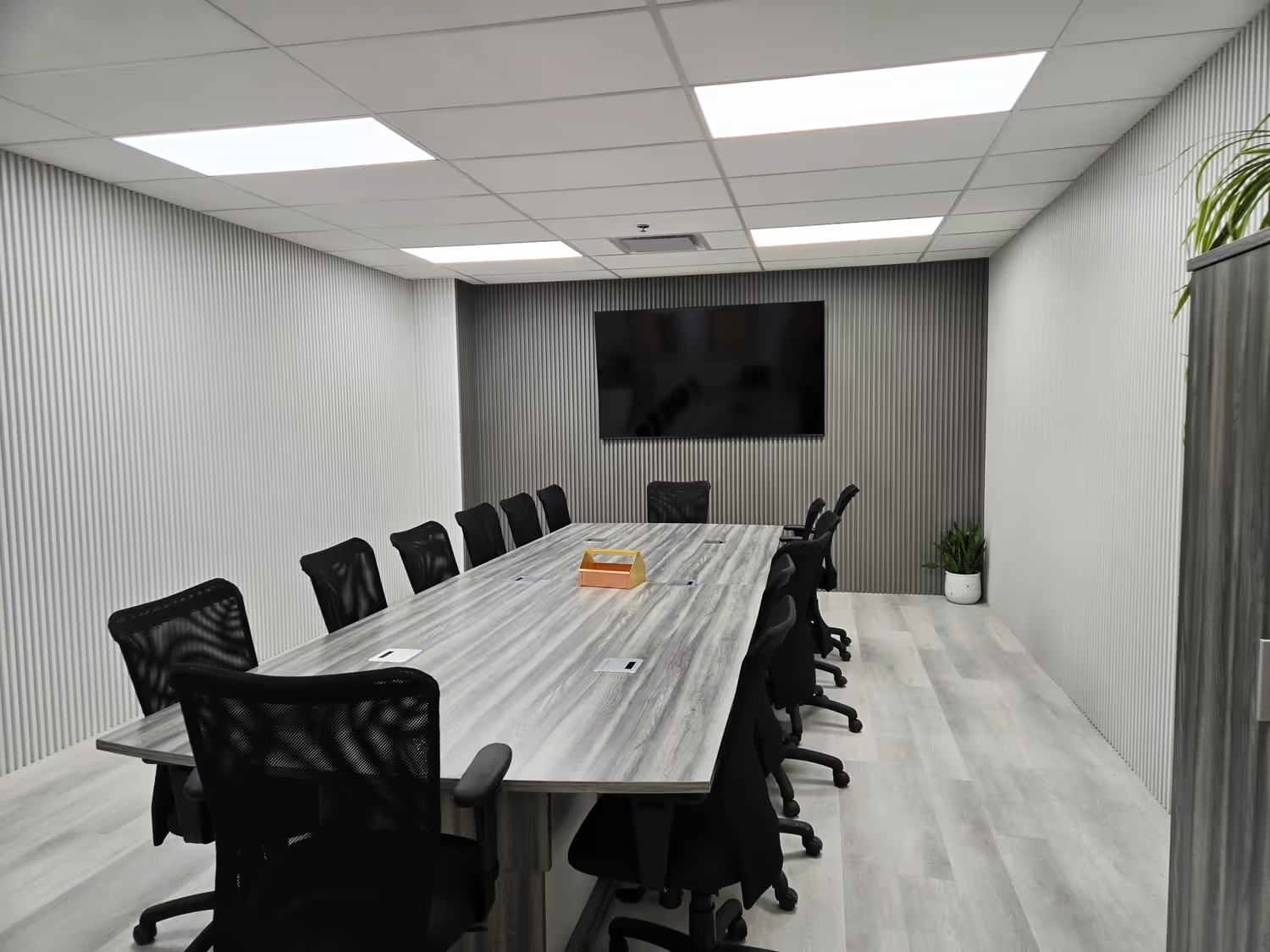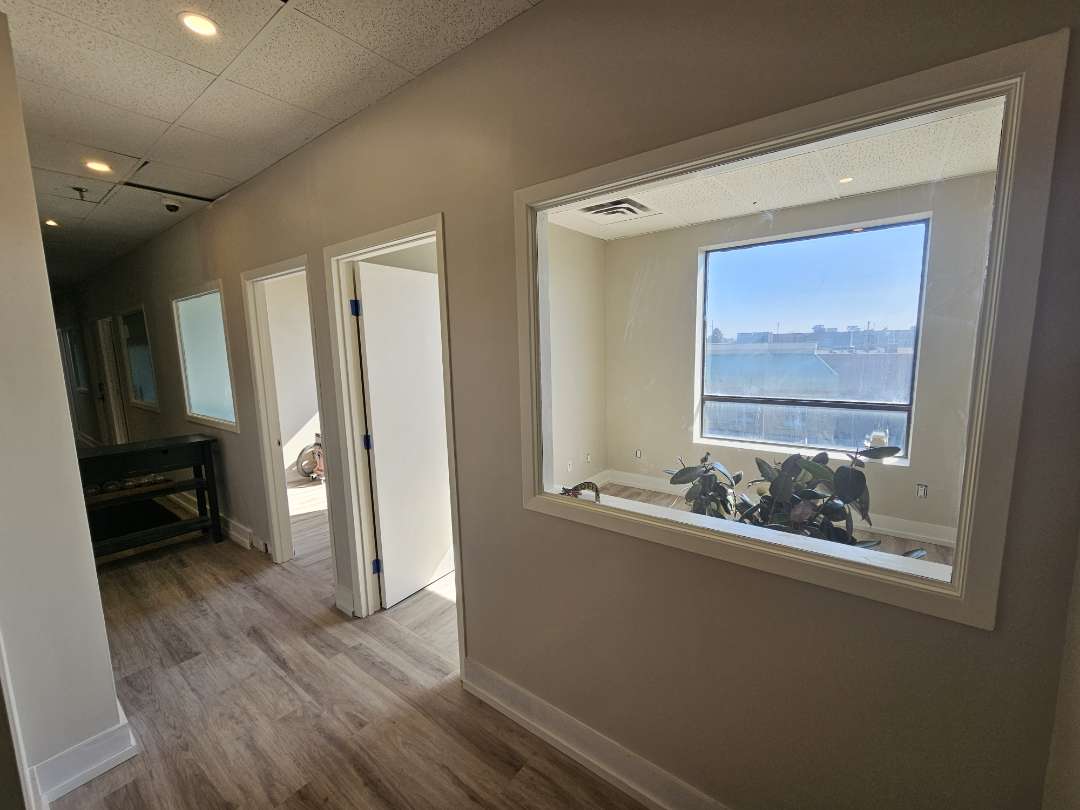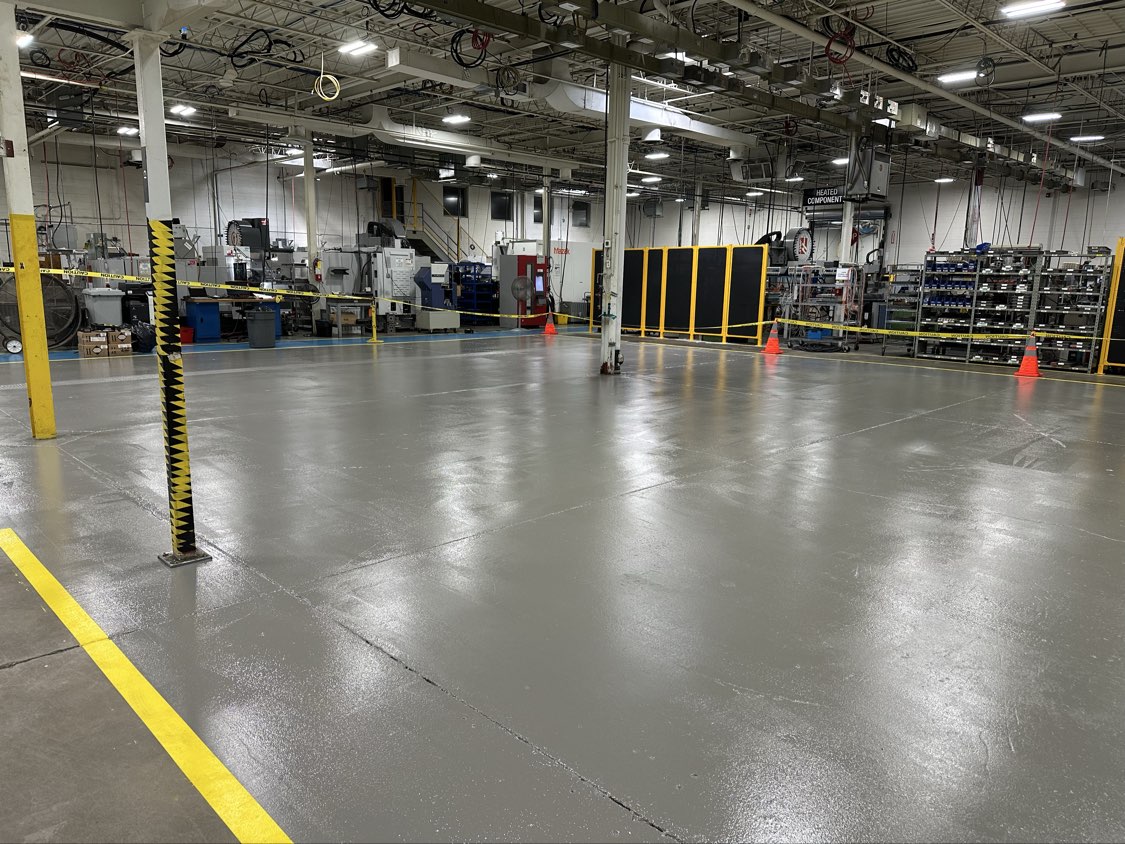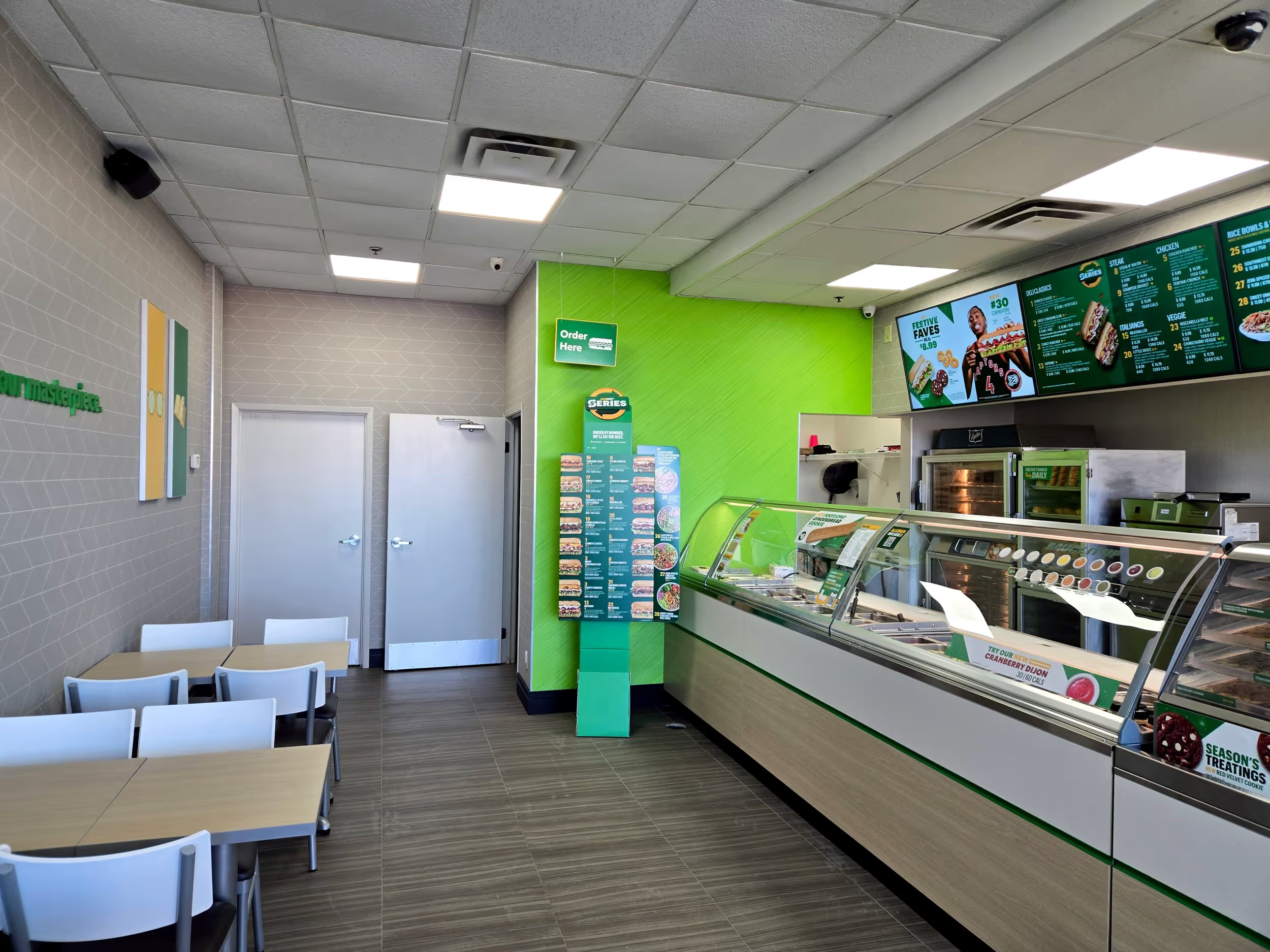Full-Service Commercial Retail Construction & Renovation
Build spaces that reflect your brand and boost sales. Our turnkey retail construction & renovation services deliver on time, within budget, and ready for business.

Why We’re Ontario’s Retail Construction Experts
Business owners and retailers across Ontario trust HI-Performance Construction as retail construction contractors who deliver exceptional results. As seasoned retail construction project management experts, we manage every phase precisely, ensuring every project stays on schedule, on budget, and perfectly aligned with your brand and your exact specifications.
20+ Years of Commercial Experience
We’ve spent over two decades building retail, office, and industrial spaces across Ontario, consistently delivering high-quality, precision, and proven client satisfaction.
End-to-End Project Management
From initial design and permits to construction and final handover, we manage every phase so you can stay focused on your business.
On Time, On Budget Delivery
Our systems keep projects efficient, predictable, and within scope. No delays, no unexpected costs.
Specialized Retail Expertise
We apply specialized expertise to every retail store renovation, enhancing customer experience and maximizing in-store performance.
Safety & Compliance Built In
Our retail builds adhere to Ontario’s strict building codes and safety standards for compliant, worry-free inspections.
Complimentary Pricing & Proposals
Receive detailed, transparent retail construction estimates with clear timelines and project scope.
Our Turnkey Retail
Construction Services
Our team manages every step of your commercial project, from design and build to finishing and exterior cladding. We deliver functional, on-brand spaces with quality craftsmanship and efficient scheduling.
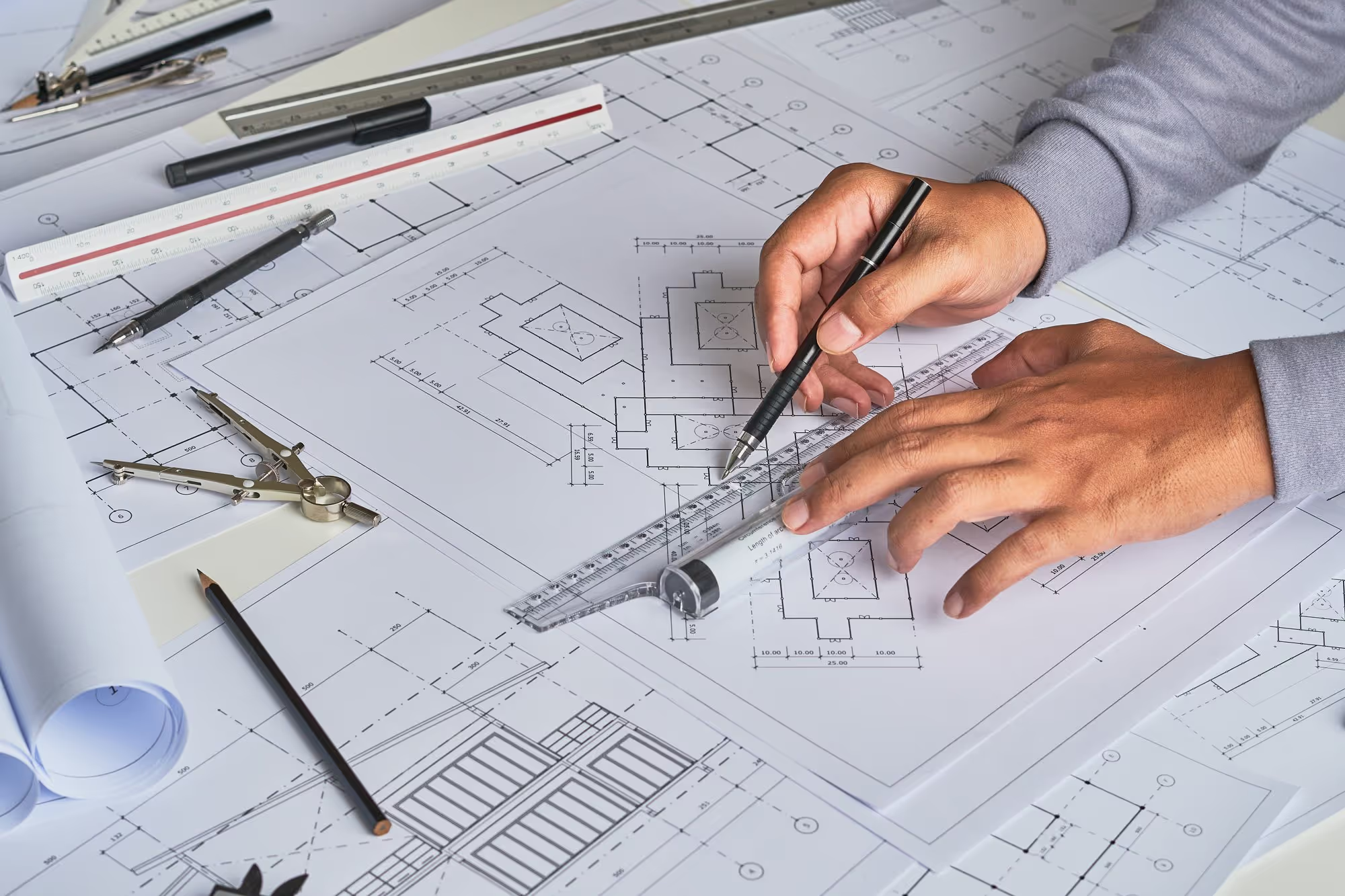
Retail Store Design & Layout Planning
Our architects, engineers, and designers handle every detail of the design process. From conceptual drawings to space planning, we bring your retail layout to life. Together, we’ll create a space that’s functional, on-brand, and built to last.
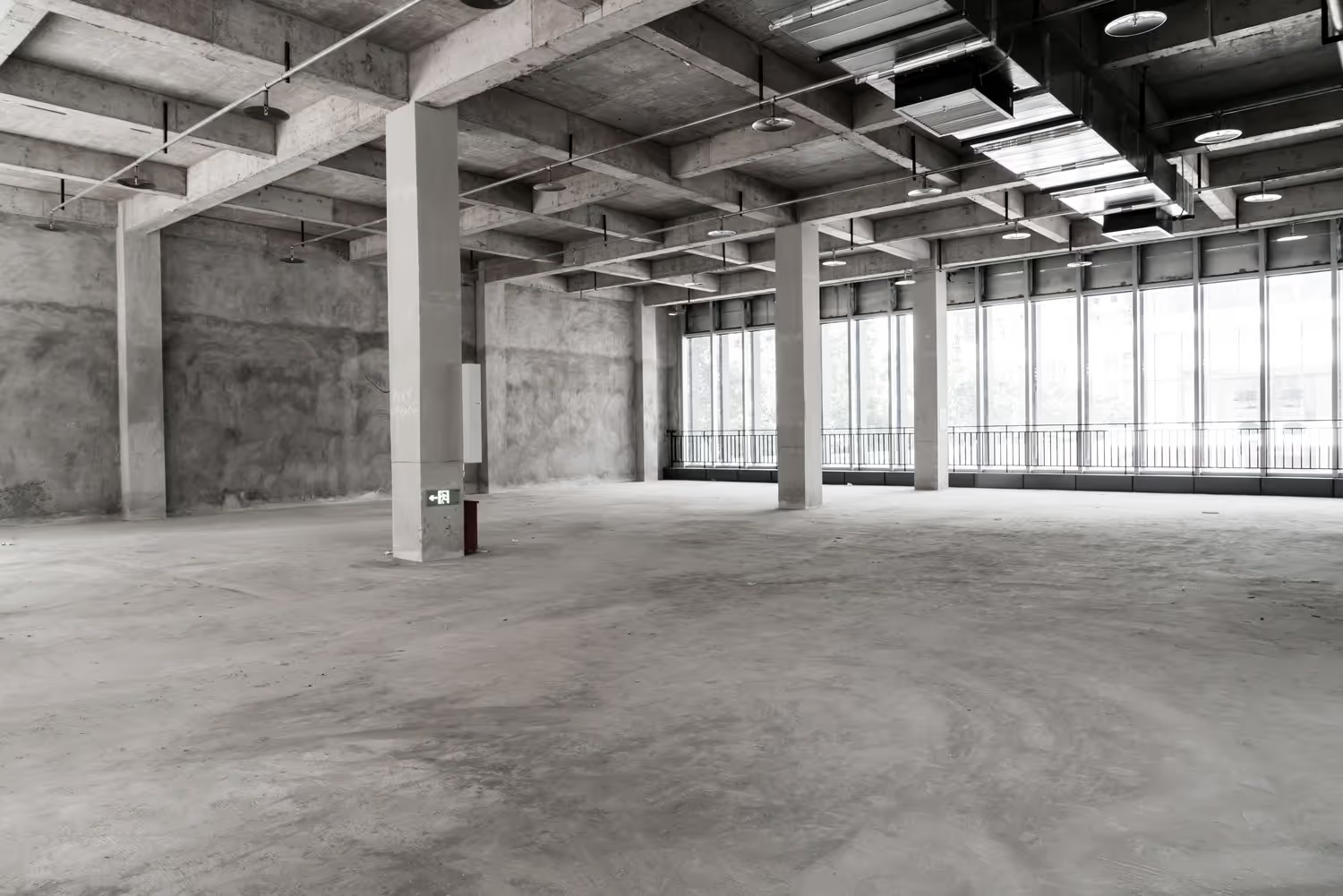
New Fit-Outs & Large-Scale Renovations
Create spaces that perform as well as they look. Our retail building construction services focus on interior fit-outs, remodels, and large-scale retail renovations executed with precision, safety, and brand consistency. From first measurements to final finishes, every detail reflects your vision.
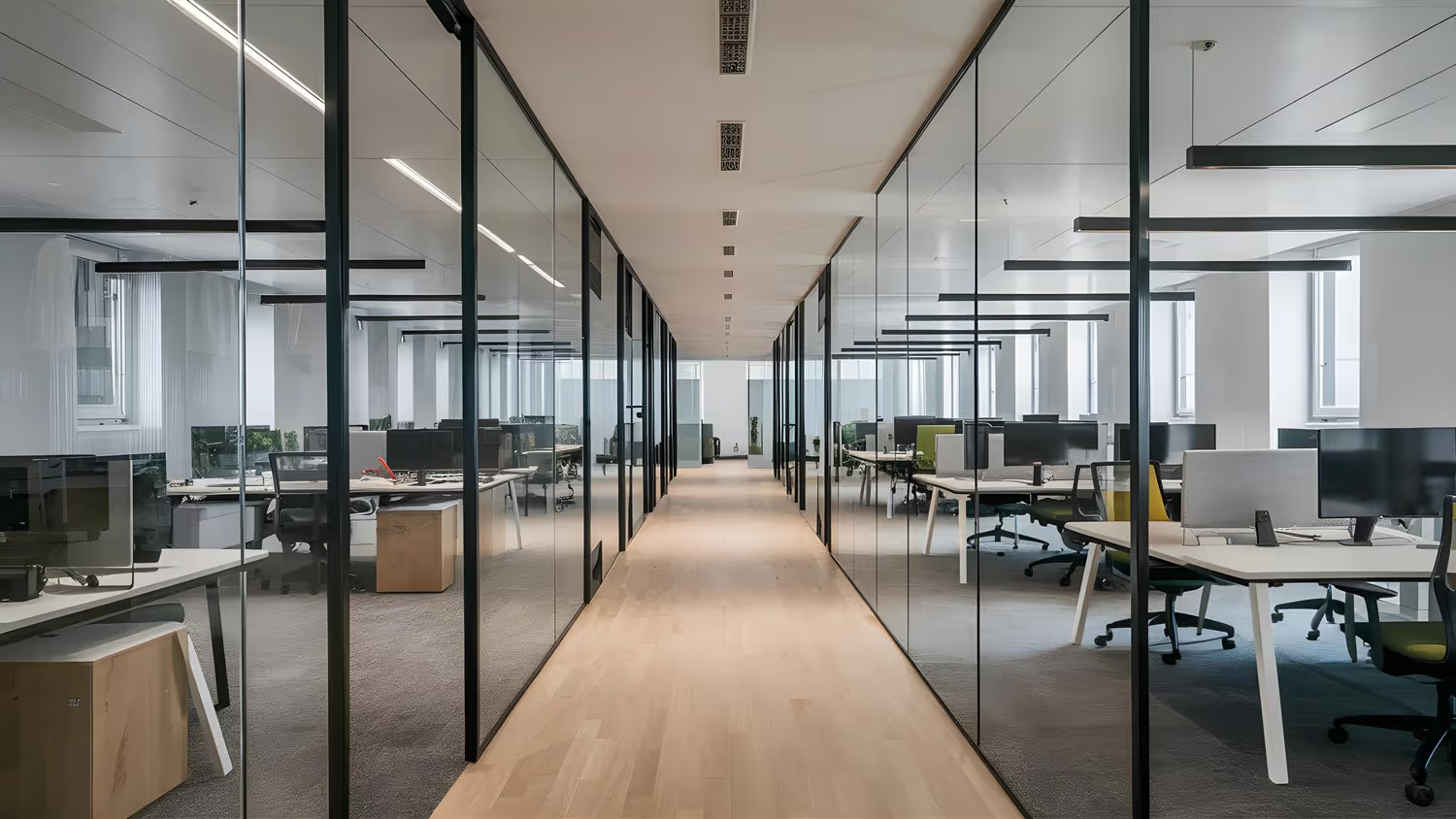
Tenant Improvements & Build-Outs
Our commercial retail construction services transform empty spaces into fully functional, brand-aligned stores. Every expansion, tenant improvement, interior fit-out, and franchise build-out is tailored to your operations, so you stay compliant and ready for business on day one.
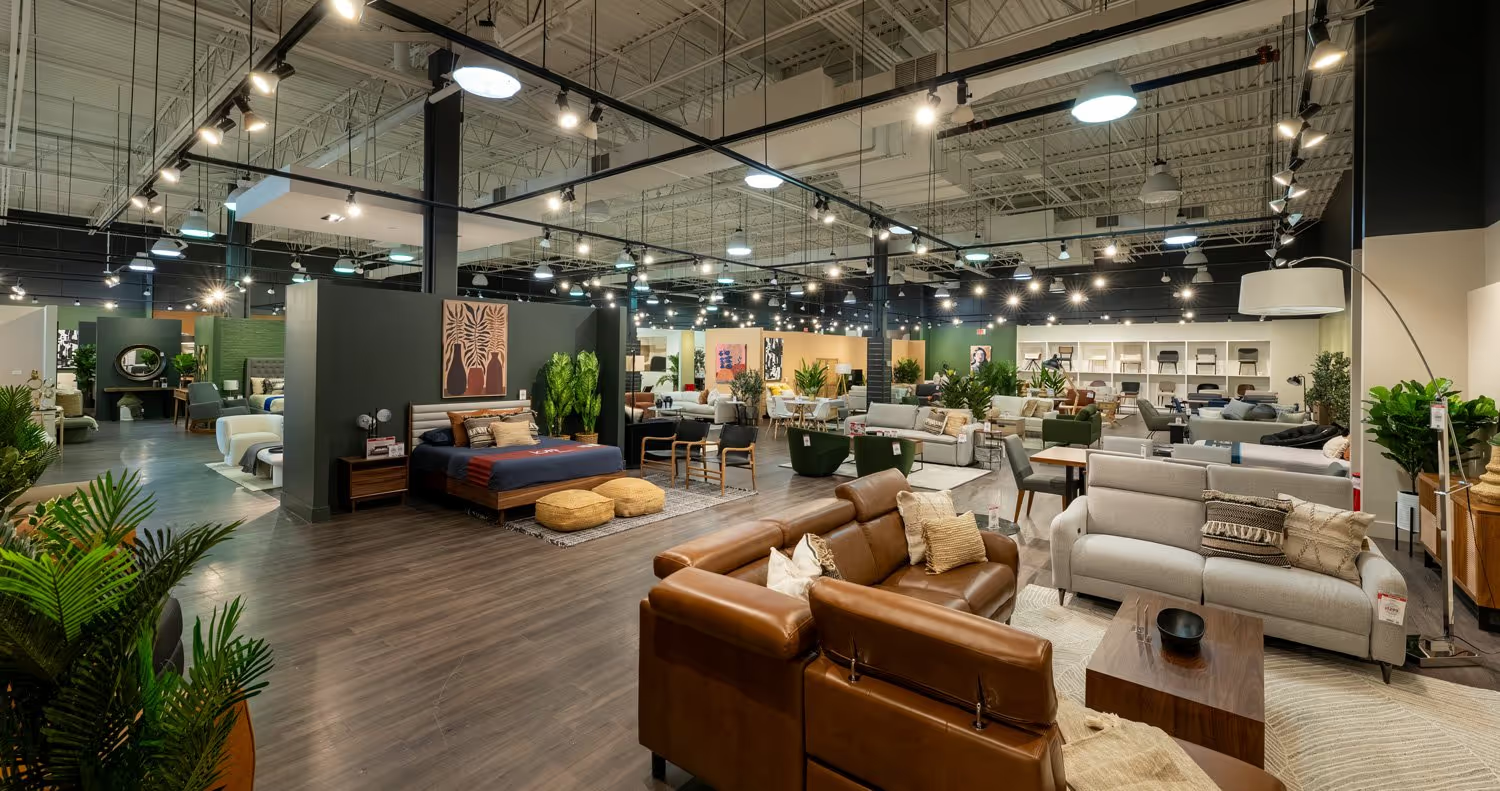
Rollouts & Modernizations
Our retail construction services ensure every store delivers the same exceptional look, feel, and functionality from one location to dozens. We streamline rollouts and store modernizations to provide brand consistency, faster openings, and visually cohesive retail experiences across all sites.
Types of Retail Spaces We Specialize In
We’re the retail space construction experts Ontario businesses rely on for timely, exceptional builds that open faster, operate smoother, and perform better.
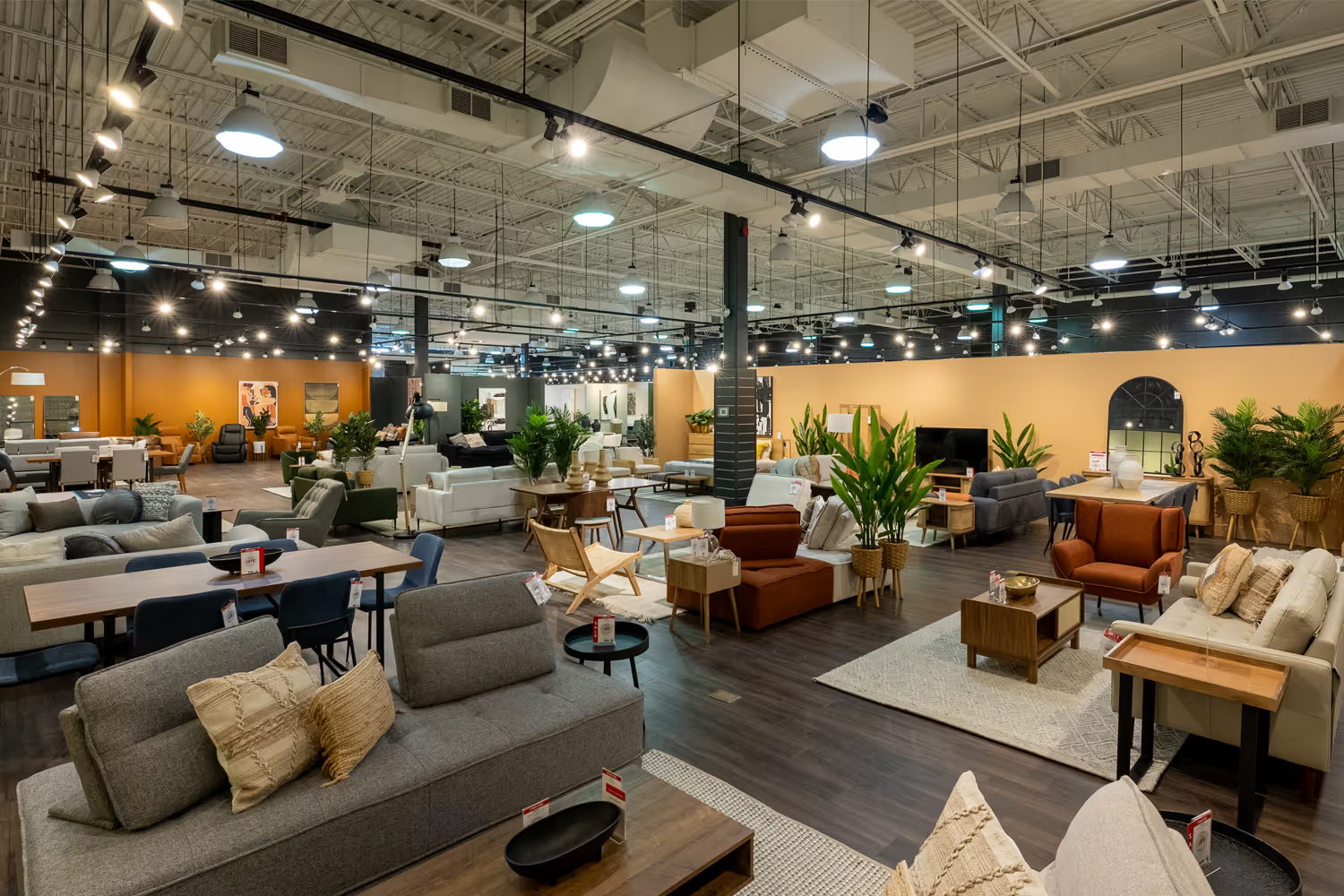
01
Big Box & National Retail Chains
Scalable, efficient spaces for major brands and retailers. Ensure consistent quality & timely rollouts across multiple locations with our retail construction and contracting services.

02
Boutique & Specialty Stores
We craft experiences designed for impact, not just spaces. From pop-ups to flagship boutiques, make a lasting impression with visually appealing design and functional spaces.
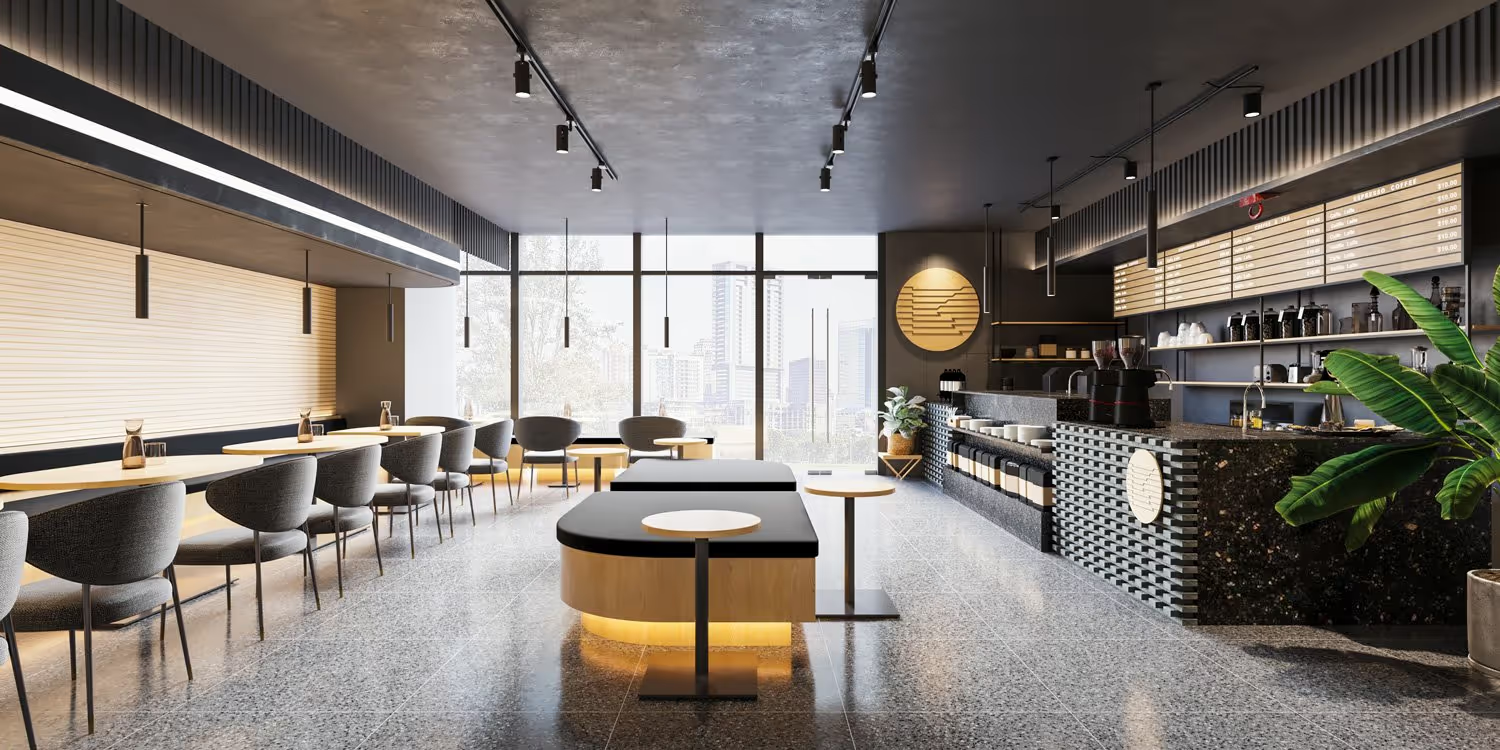
03
Restaurants, Cafés & Quick Service Outlets
Impress guests from the first visit. Our restaurant construction contractor experts build efficient kitchens and inviting dining spaces for flawless operations and elevated experiences.

04
Mixed-Use & Shopping Centres
Our expert office and retail renovation team creates functional, attractive spaces to capture attention and draw traffic to shopping centres and mixed-use developments.
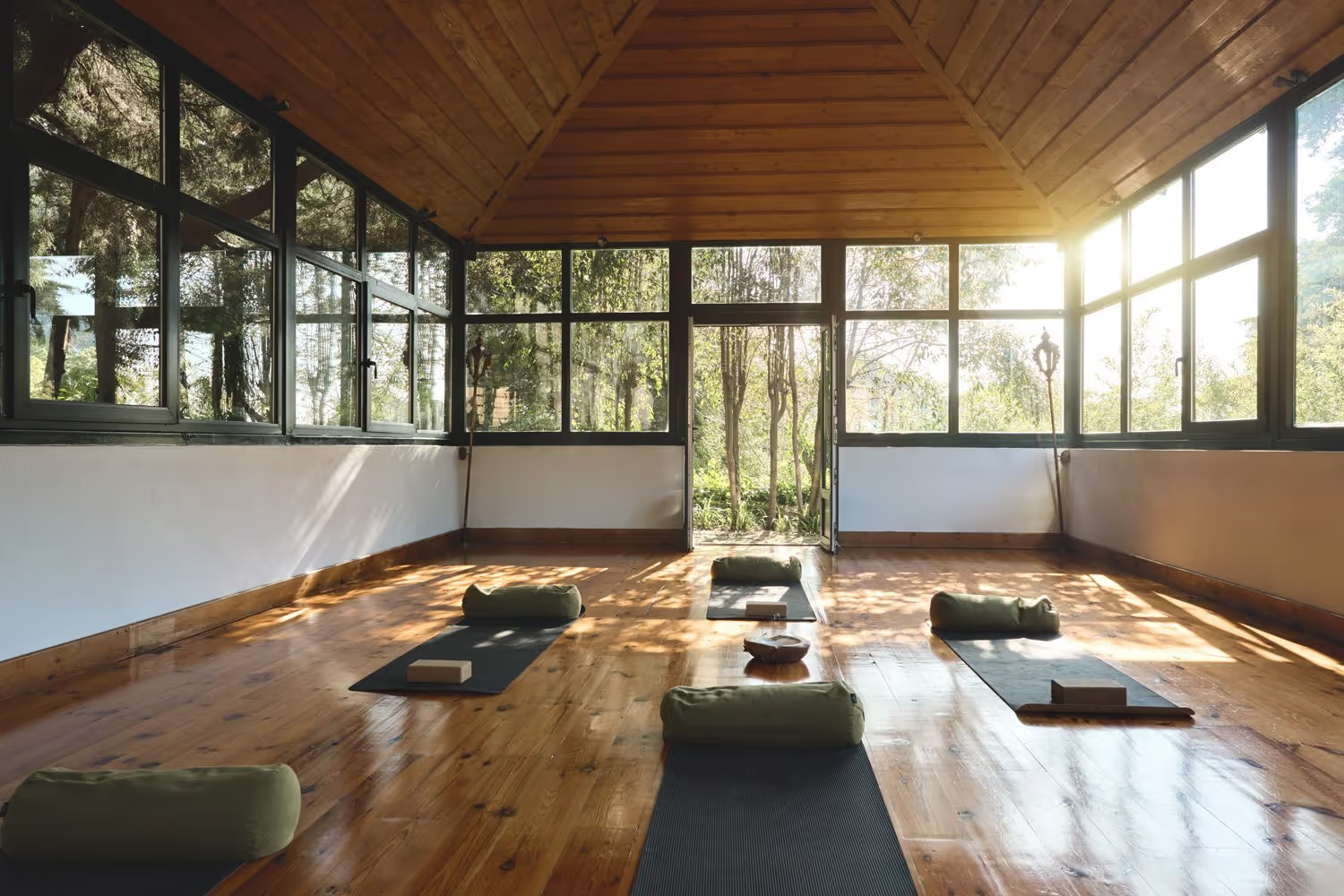
05
Health & Wellness Retail
We’re experts in medical, wellness, & pharmacy construction. Be it a health food store, fitness centre, or spa, we meet every building and health code requirement.

06
Grocery & Specialty Food Stores
We design and build grocery stores that balance efficiency and comfort. Every layout supports smooth traffic flow, product visibility, and a welcoming atmosphere for shoppers.
Featured Retail Projects
Discover how our previous retail projects drive sales and enhance brand experience.
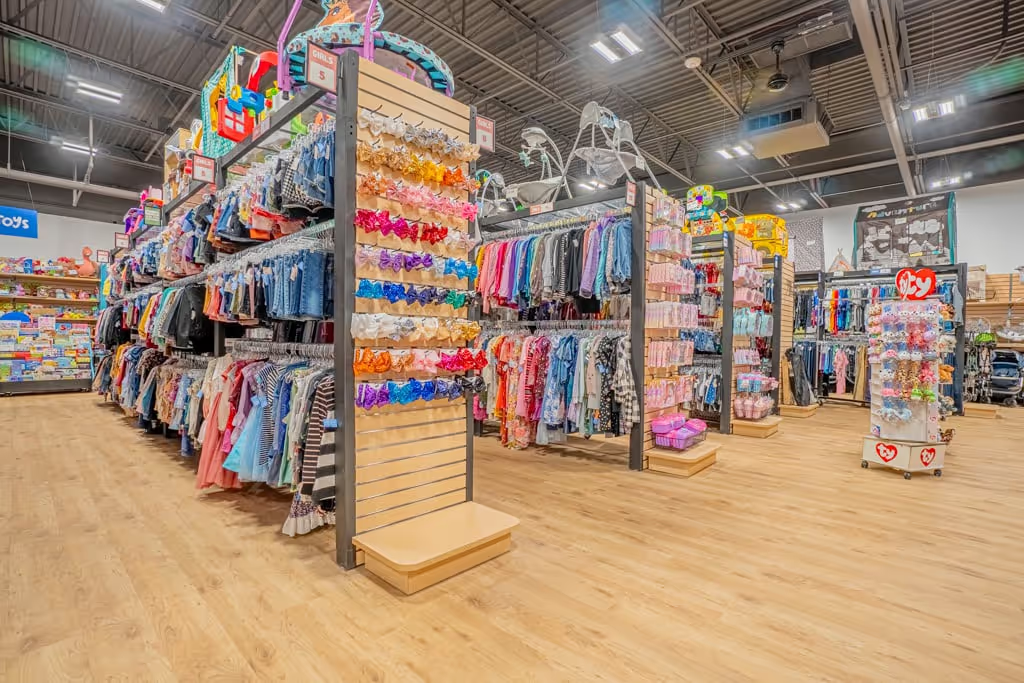

ABOUT
Children's Clothing Store Buildout
SERVICE
Retail


ABOUT
Furniture Store Buildout
SERVICE
Retail
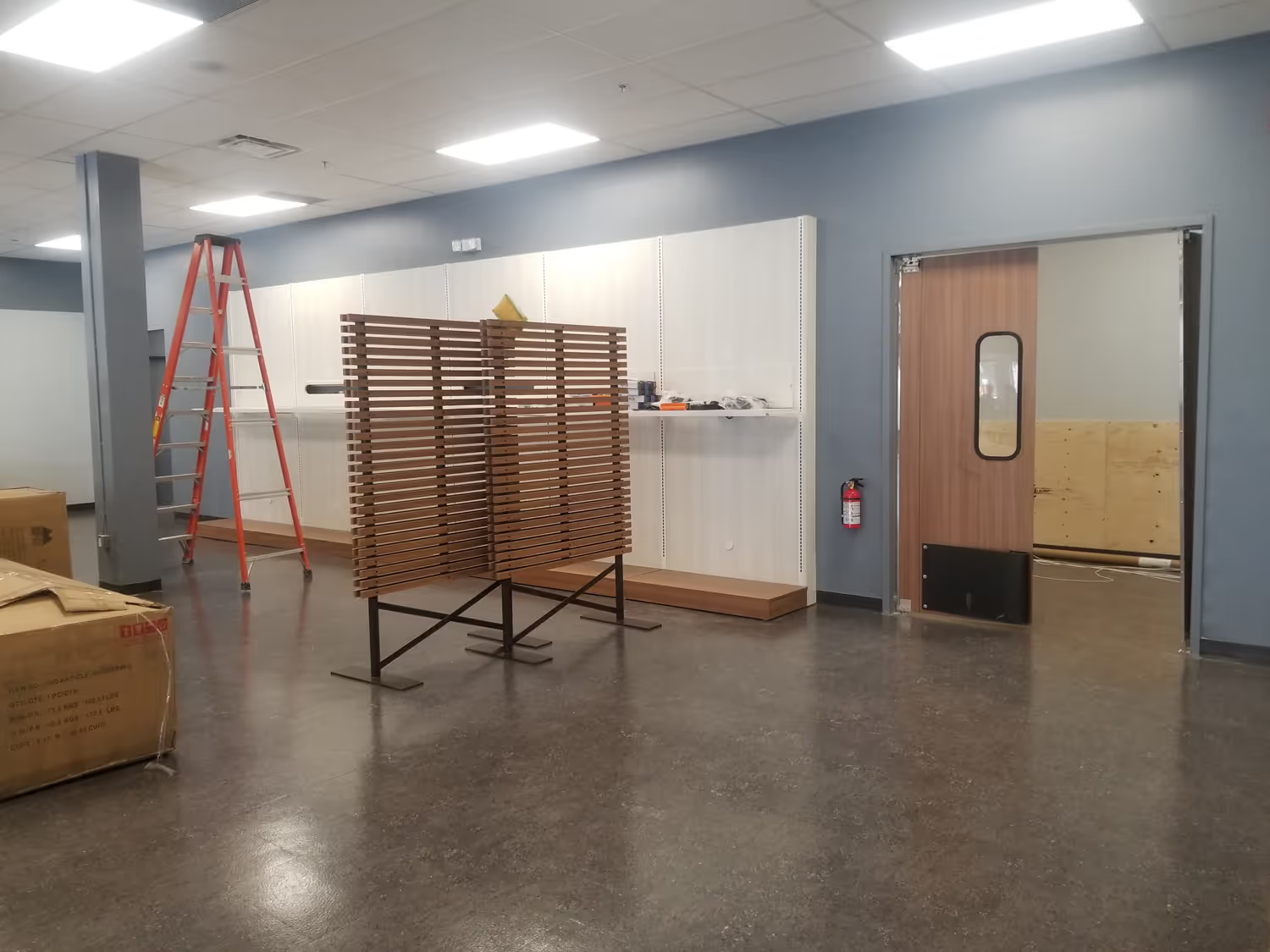

ABOUT
Interior Retail Buildout
SERVICE
Retail
Our Process for Retail Space Construction
From drawings and permits to full construction, we have the team, experience, and confidence to help you build.
01
Consultation & Planning
Our experienced retail construction contractors assess your goals, budget, and timeline to develop a clear, actionable project plan.
02
Design & Engineering
We provide retail design-build services, including detailed drawings, engineering, and permits, for efficient, compliant store construction.
03
Construction & Project Management
Our retail construction project management experts work closely with clients, contractors, and suppliers to ensure every retail build runs smoothly.
04
Completion & Handover
We complete each retail building construction project with detailed inspections, documentation, and a move-in-ready handover.
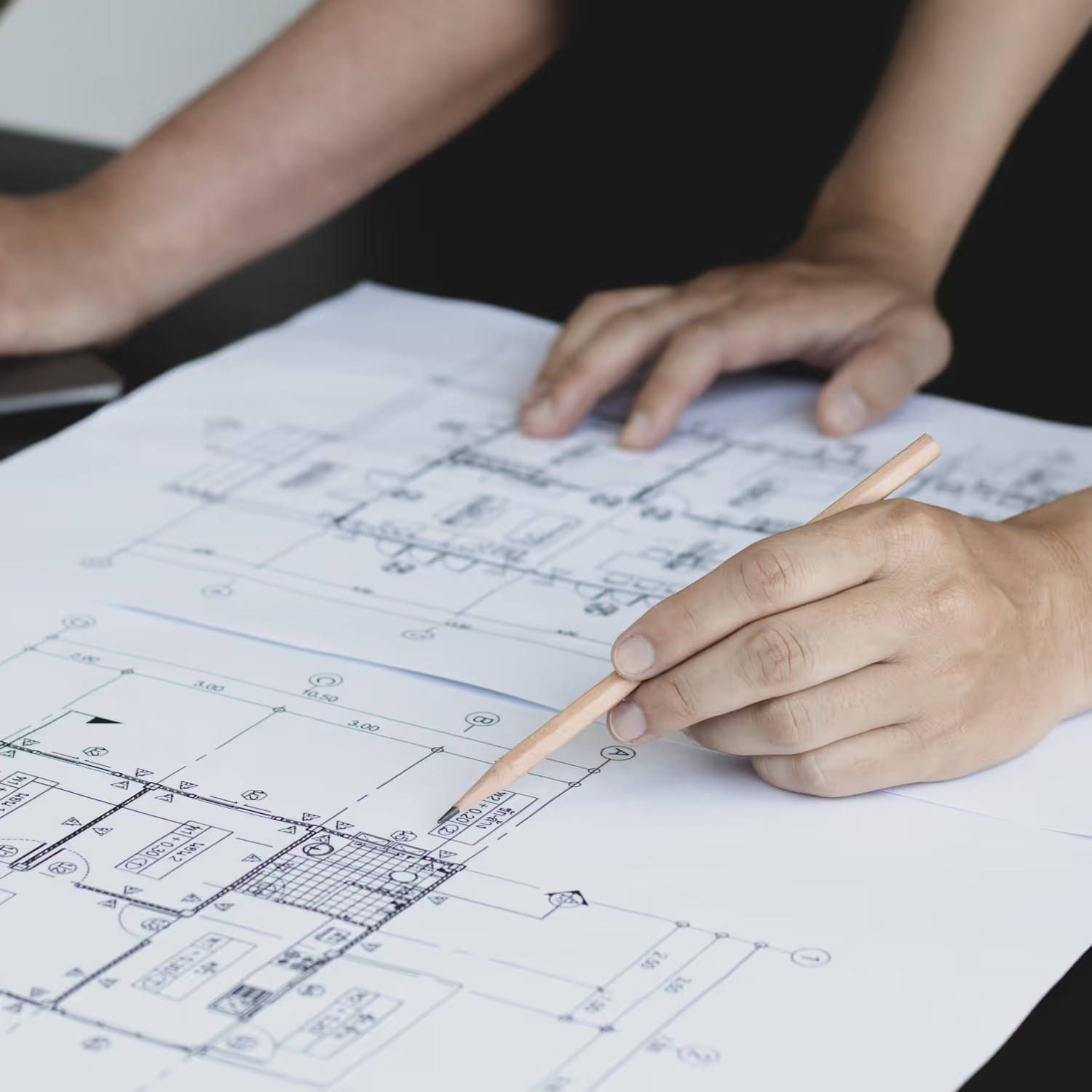
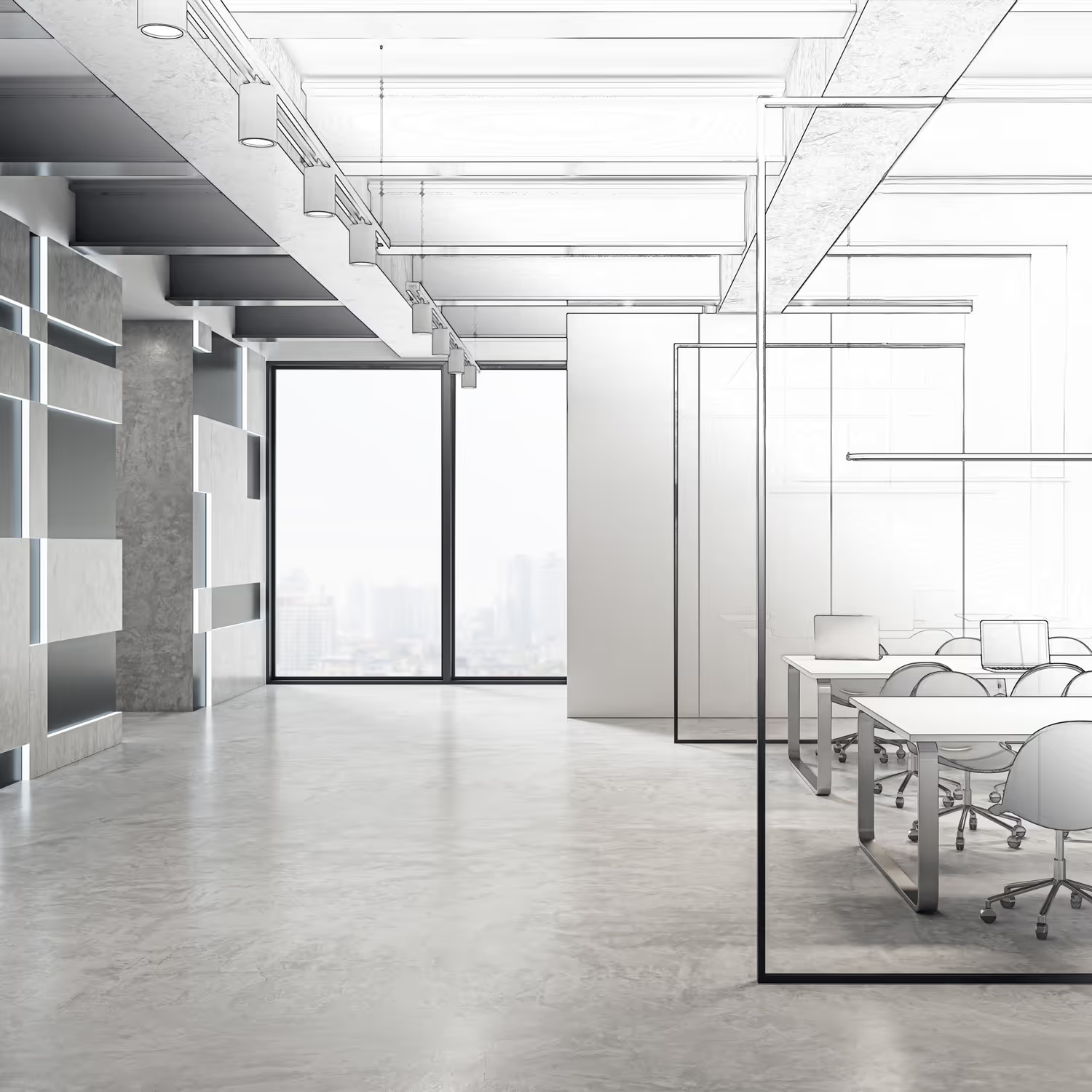
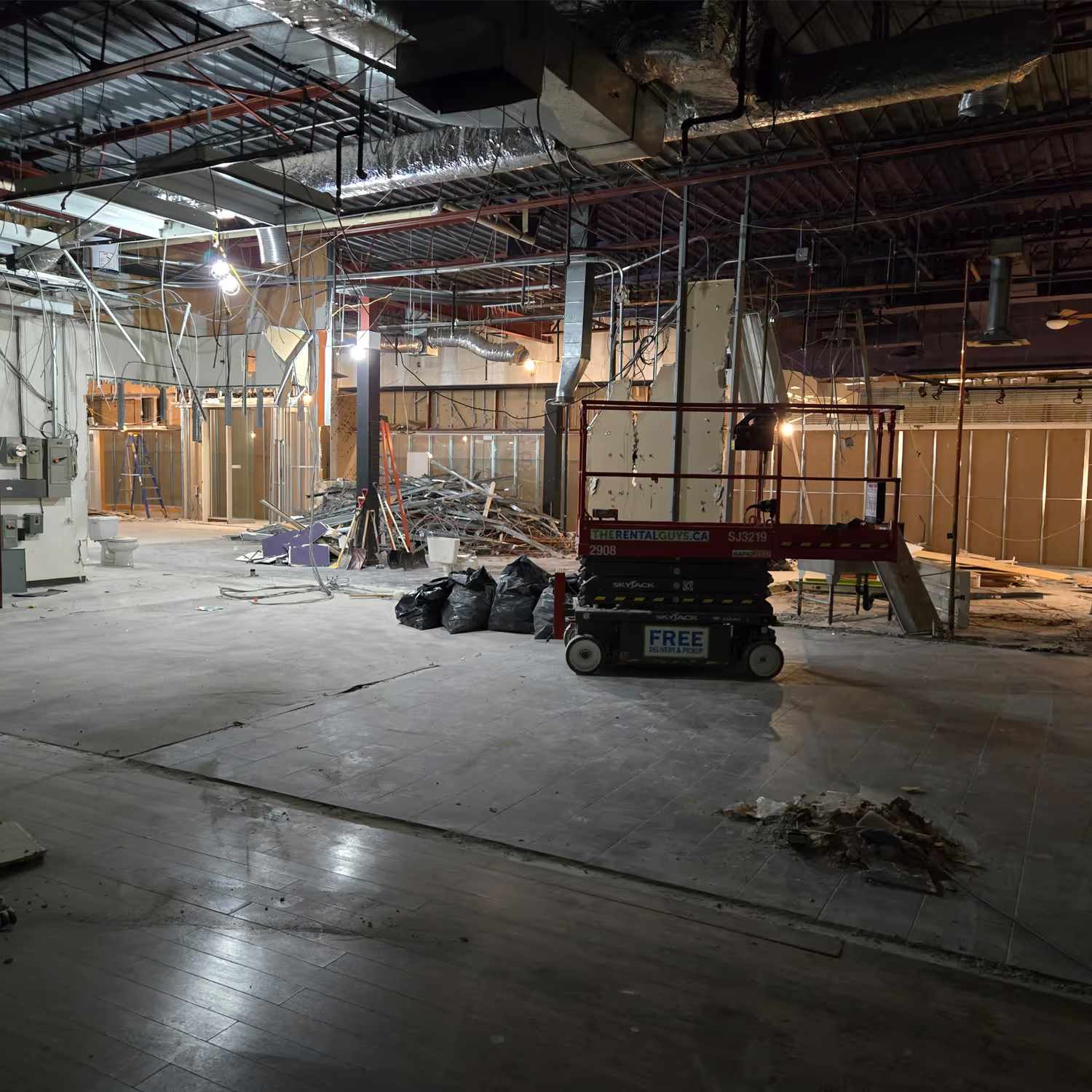

Our Retail Construction Service Area in Ontario
We’re your one-stop partner for medium to large commercial retail construction projects across the Greater Toronto Area. Not sure if we service your area? Call us at 905-769-2033 for a free consultation.
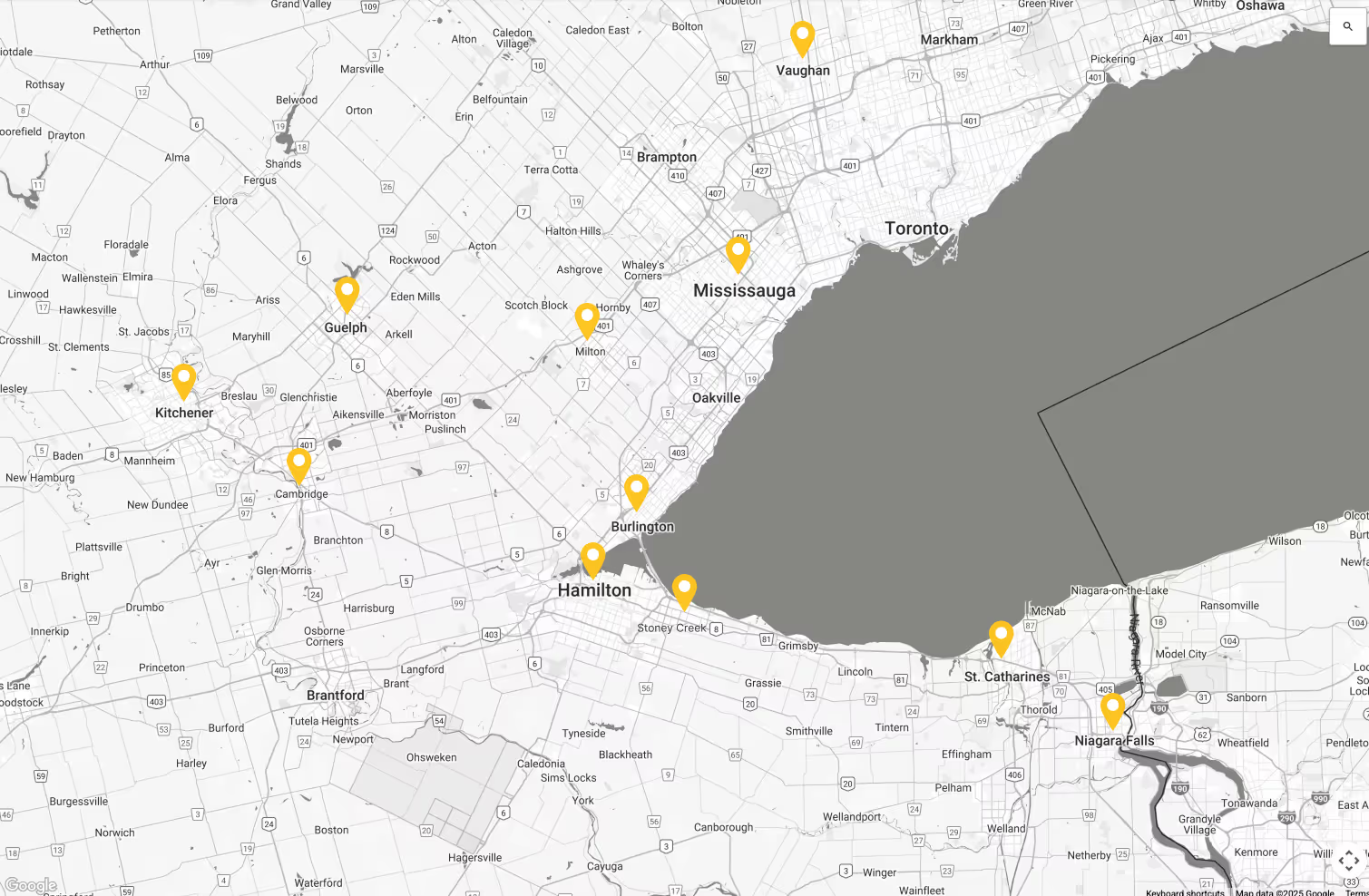

I was looking for a new general contracting company to do everything at my property. I manage a Shopping Centre and need a good contractor. The company was recommended to me 2 years ago and I called them up and had them come over and do some work…. they were excellent. I need a contractor that I can call day or night and I finally found them. They do it all, painting, repairs, plumbing, construction you name it they do it! They are efficient, reliable, and extremely meticulous. I will never use another general contractor for my site, now that I have found HI-Performance Construction!


Miro and his team were great to work with. They were flexible with start date when my permit was delayed. We had good communications throughout the buildout and problems were resolved in a timely manner.


The company did an excellent job constructing our medical space. They quoted and completed the work quickly and efficiently. We liked that they handled all the permits for us. Not only were they responsive throughout the process, but they also offered much more competitive pricing compared to other contractors. We highly recommend them for any construction needs.


I had a great experience with HI-Performance Construction team for my Subway renovation. From start to finish, their communication was excellent and the quality of their work was outstanding. They were professional, detail oriented and delivered exactly what I envisioned. I’m extremely happy with the results and highly recommend them.


Excellent customer skills, very knowledgeable ,efficient and very adaptive to changes throughout projects . All construction needs covered under one roof -- priced reasonable. Highly recommended!!!


Lily and Miro's team have completed the job quickly and helps out with any issues that came later. Great team and Great Job!

Commercial Construction Solutions for Every Industry
No matter your business type, our retail space construction experts deliver every project with precision, quality, and complete satisfaction.
Retail Construction FAQs
Exact construction costs will vary depending on your project size, complexity, and location: from $30 a square foot for a simple office to $300 a square foot for medical clinics. Details make the difference. Contact us for a comprehensive, project-specific estimate!
A typical retail store renovation or build can take anywhere between two months to two years or more, depending on the scope of work, size, and location. Our retail construction experts will help you define the scope, timeline, and budget before the construction so you can set clear expectations.
Yes, we offer both custom retail layouts and comprehensive fixture coordination. Our design and construction teams work together to create a floor plan that aligns with your vision and brand identity. We then manage the entire process of sourcing, procuring, and installing all fixtures and millwork to bring that layout to life.
Yes, we handle permits and approvals for retail construction projects. Our retail construction services cover every aspect of the construction process, from design to permits to renovations.
Initial consultation. Reach out to us to discuss your vision, goals, timeline, and budget.On-site evaluation. Our estimator visits your location to take detailed measurements, photos, and assess the project scope. Proposal & Scope. You receive a transparent proposal with a fixed timeline, clear pricing, and a definitive project outline.
Request a Custom Retail Construction Quote
Join 1,000+ businesses who trust HI-Performance Construction for reliable, high-quality retail construction. Describe your project and receive a comprehensive quote complete with transparent pricing, timelines, and solutions tailored to your goals.

